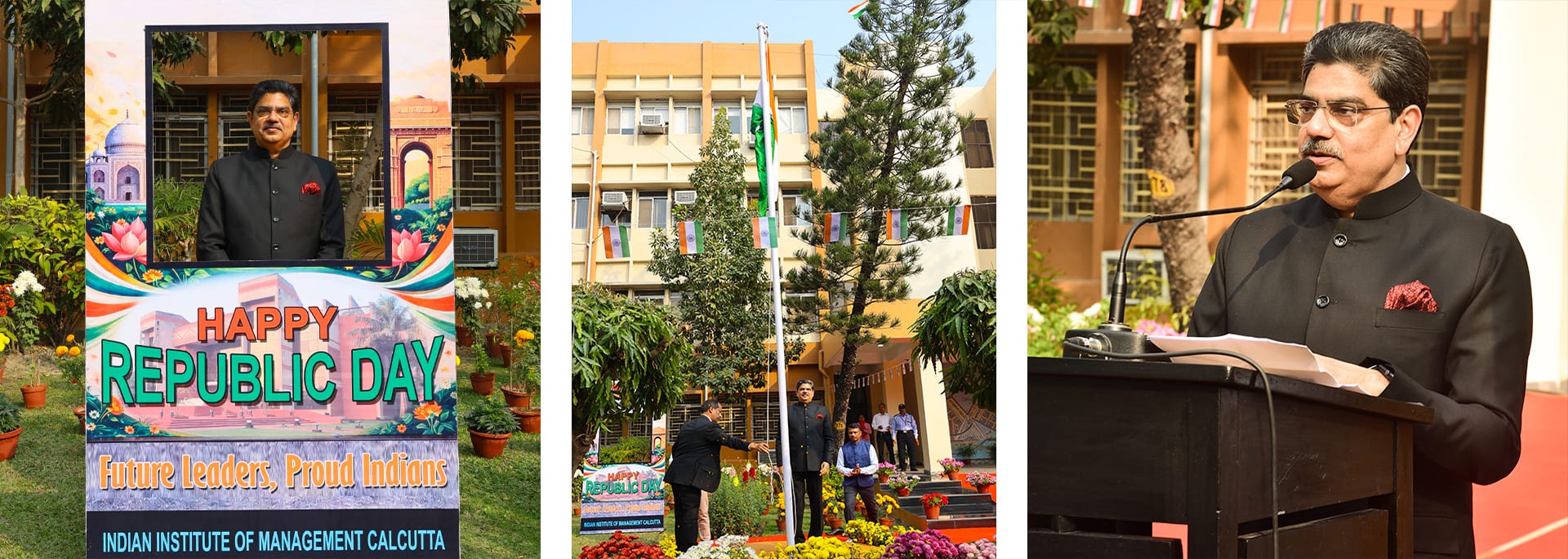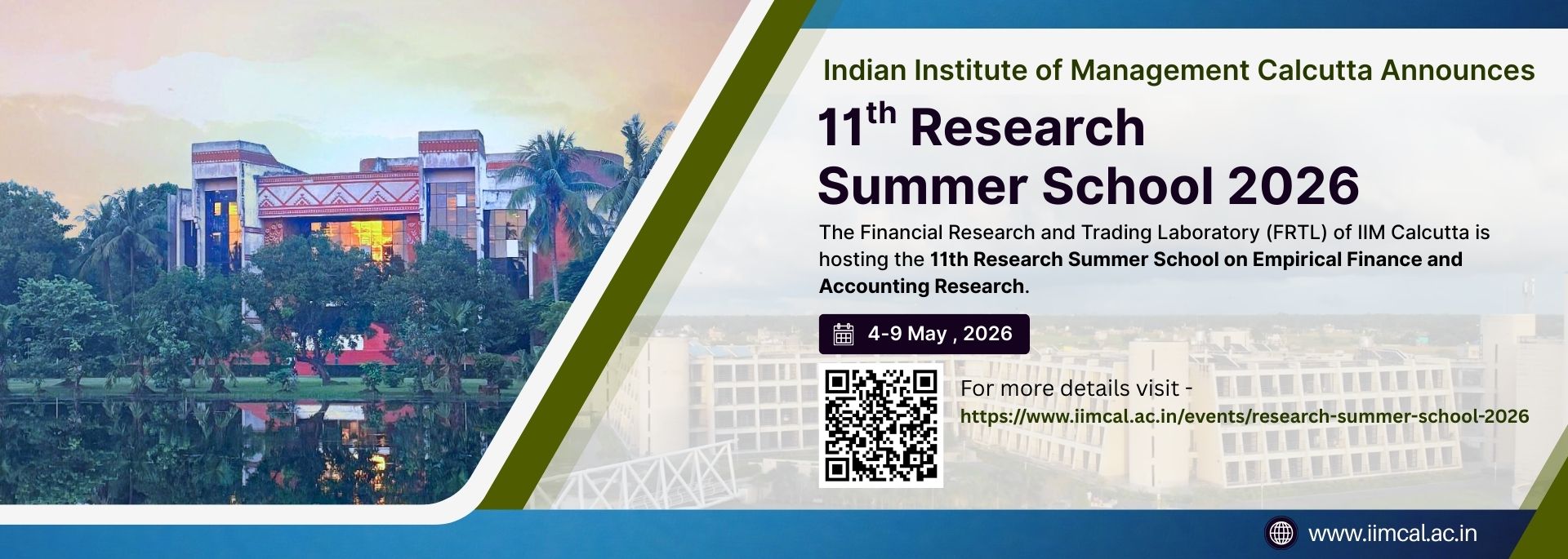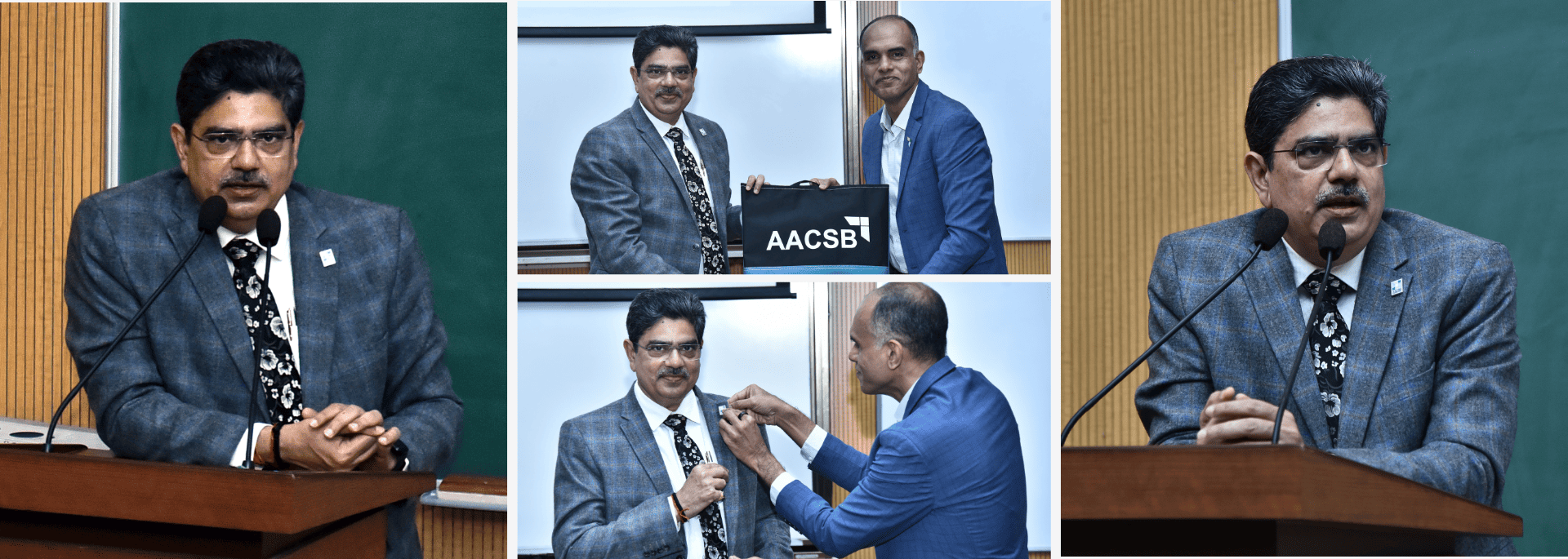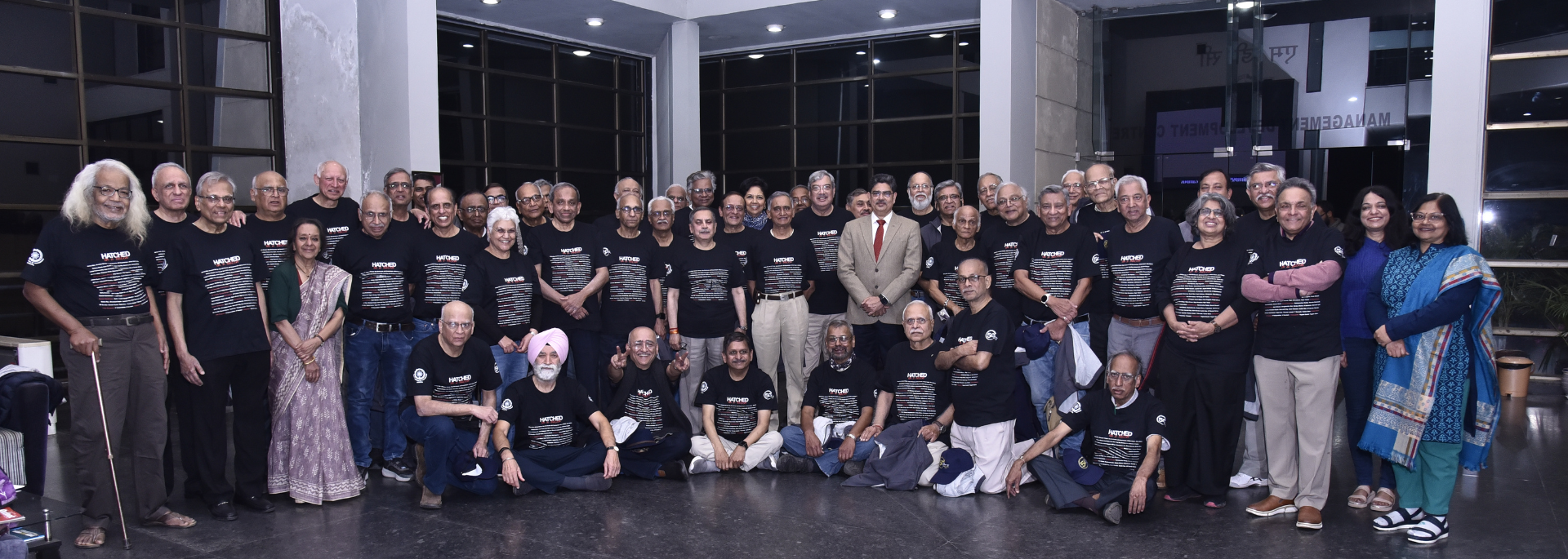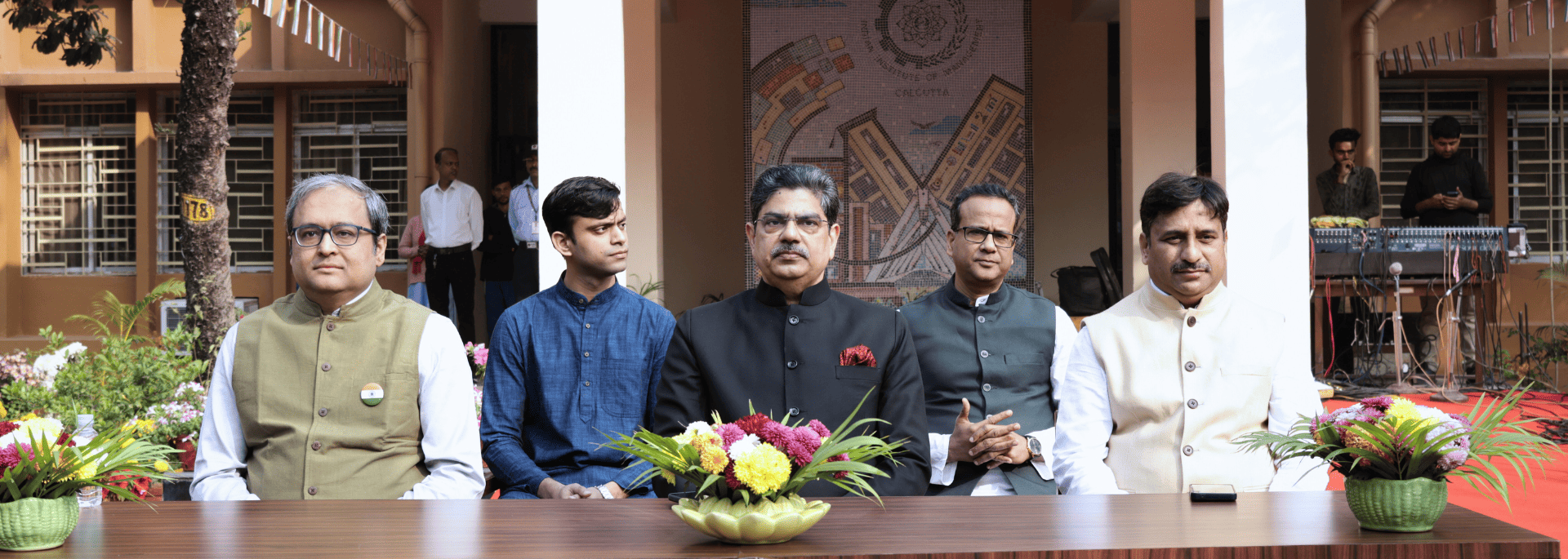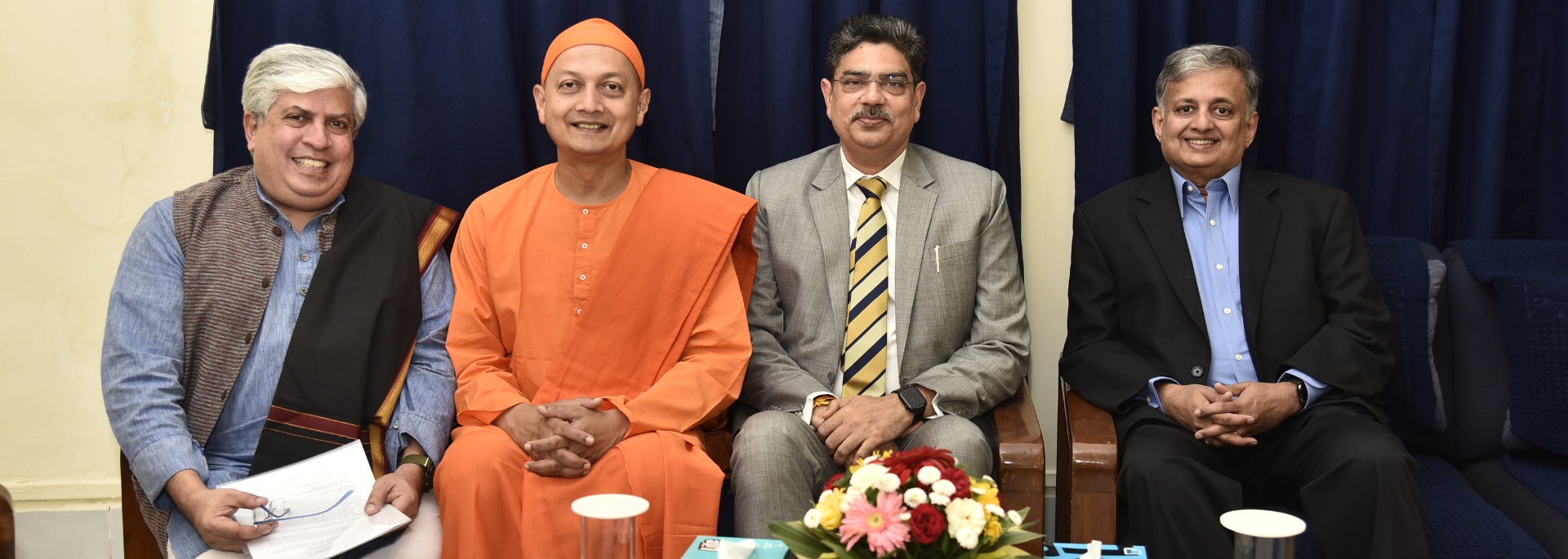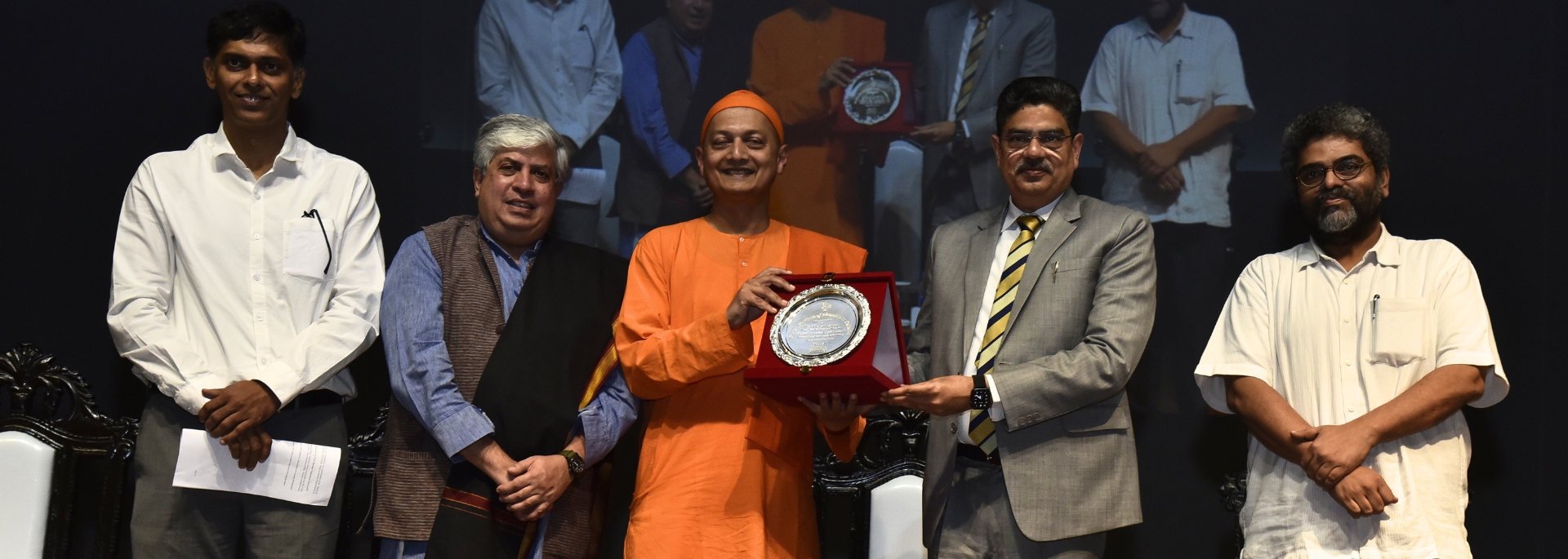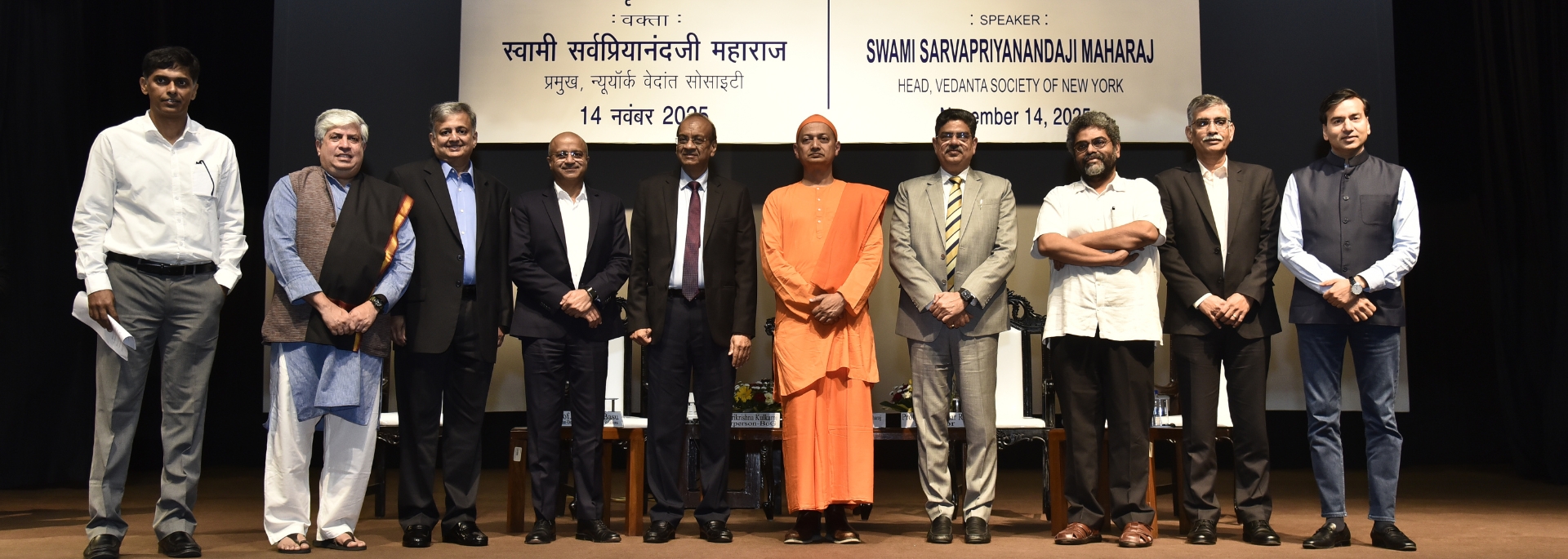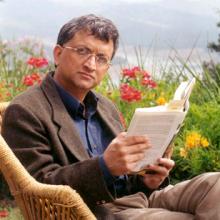
BENGALURU: Author and historian Ramachandra Guha is among the three recipients of Japan's prestigious Fukuoka Prize, awarded annually to Asians who "have made outstanding contributions to academia, arts, and culture in Asia" and who have made substantial efforts to "preserve, develop, and promote the harmonious coexistence of the diverse Asian cultures."
Guha has been awarded the prize in the 'Academic' category. His fellow awardees are Thant Myint-U, a highly regarded historian from Myanmar who is working towards preserving cultural heritage, and Minh Hanh, a Vietnamese designer. The well-known author and columnist, who is currently "completely immersed" in his three-part biography of Gandhi, told STOI: "Although I did get to know that I was going to receive it around a month ago when they called me, they asked me to keep it a secret."
The Fukuoka Prize has been awarded to Guha for presenting "thorough explanations of the complex history of India."
"His books vividly illustrate the actual state of the Indian democratic system, shedding light on our current multi-dimensional and chaotic world," says the citation, while also noting Guha's contribution to writing about the environment in India, which forms a substantial part of the author's early bibliography.
"I have had a somewhat varied and eccentric career. In the first few decades of my writing life, I published quite a lot on the environment," said Guha, referring to some of his early writings, such as This Fissured Land: An Ecological History of India (1992), Savaging the Civilized: Verrier Elwin, his Tribals and India (1999), and Environmentalism: A global history (2000).
"Eventually, I found there was not much left to tell in unique ways, and moved on to other topics [such as contemporary Indian history]. I do have an idea for an environmental project, but at the moment I am completely immersed in Gandhi - his contributions and contradictions. The next two books will take up almost all of my time for the next few years," said Guha.
The writer also made special mention of a few past awardees of the Fukuoka Prize, among them Partha Chatterjee, professor of political science at the Centre for Studies in Social Sciences, Kolkata, who won the prize in 2009. "I have a deep regard for Partha Chatterjee. He gave me my first job. When I finished a PhD in sociology from IIM Calcutta, my chances of getting a job were not very high - the IIMs are not well known as an academic centres for the study of sociology. But he took an interest in a couple of essays I had written and hired me. He was one of my first mentors," added Guha.
He also named American political scientist and anthropologist James Scott, who received the Acamedic Prize in 2010, and Benedict Anderson, an Irish scholar of politics who won the award in 2000, as academics and writers whose work he admires deeply.
Guha said he is "certainly gratified" but added that while awards have their place in the world, to an author writing is what really matters. "Just as a cricketer is only as good as his last match, an author is only as good as his last book."


